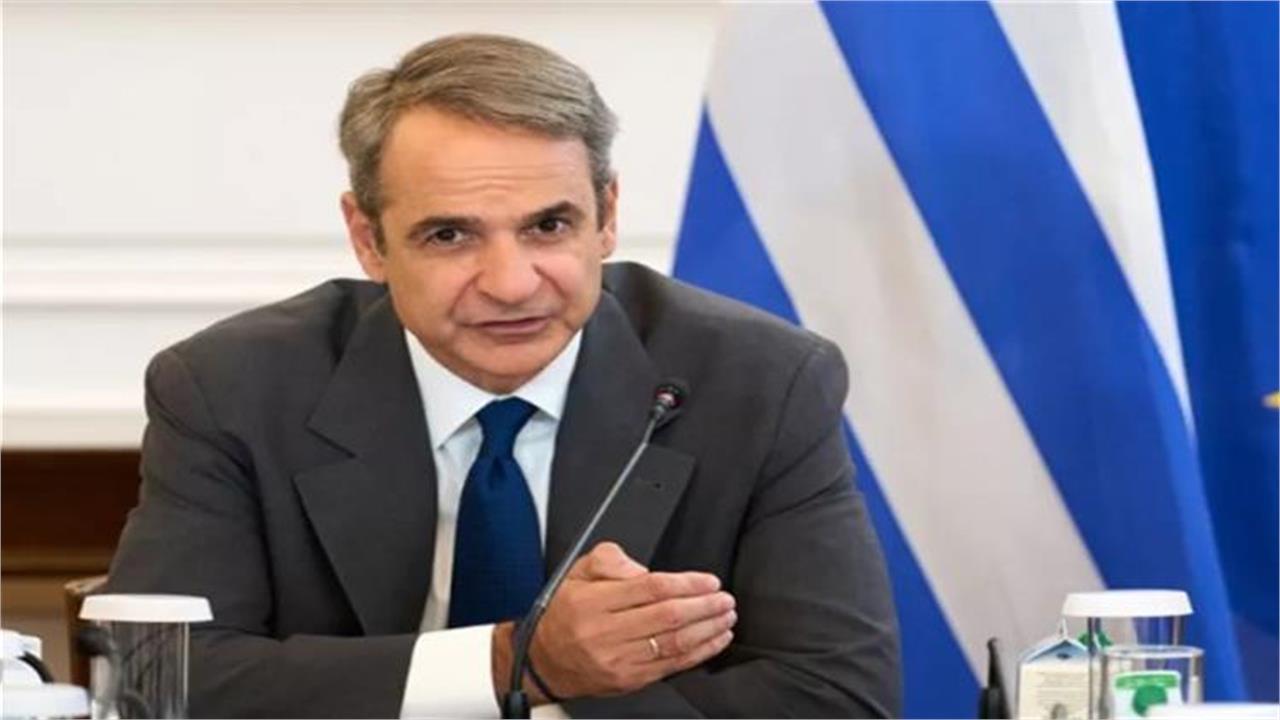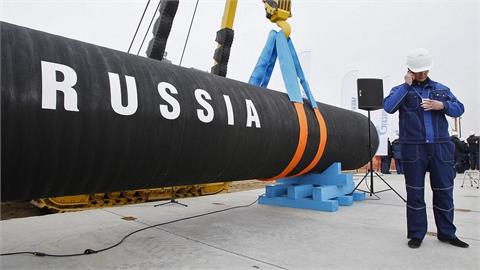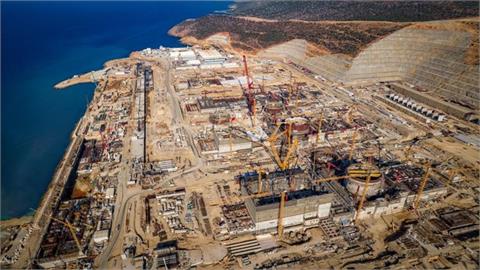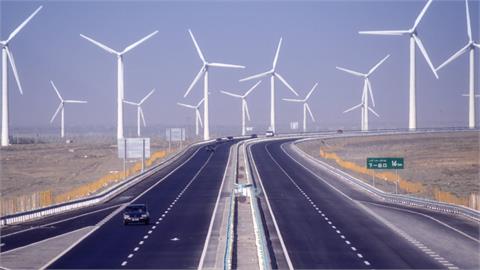The EU’s Green Deal is at a crossroads. High energy prices leave little room to burden our economies with additional costs. Meanwhile, the new geopolitical environment has reduced Europe’s appetite to develop new dependencies on fuels, minerals or technologies. And the EU faces myriad other challenges — our energy transition must reinforce a broader strategic framework of where Europe wants to be in the world.
Given these challenges, I would like to propose five golden rules for the green transition.
First, we must focus on cost-effectiveness. While European countries still burn coal in our power plants and oil to heat our homes and factories, we are pushing for the decarbonisation of ships and planes and of the most difficult industrial processes. This emphasis on tackling all emissions at once is shortsighted. We should scale up those low-carbon technologies that are competitive while continuing to develop the ones that are not — but at a reasonable pace.
It is also increasingly obvious that the last few steps to achieving climate neutrality will be very expensive. We ought to tread carefully, maintain flexibility and make sure that the maths adds up.
Second, we must treasure technological neutrality. For too long we behaved as if the energy transition is a morality game. It is time to make our exit from the garden of good and evil. Europe is signing agreements to buy gas from America but does not support gas production within the EU. There is plenty of money to fund hydrogen as an energy source but very little for nuclear power.
We cannot allocate money based on vibes. We need to bet on the technologies that can deliver what truly matters: lower emissions.
Third, we must rededicate ourselves to the internal market. We have enormous price disparities in Europe, especially in electricity. Market integration is happening a la carte and few want to share their cheap electricity. So we end up with negative prices in one country while another has prices in the triple digits. This is madness. History teaches us that integration does not happen on its own. It is a political project. We must push for it at the highest levels.
Fourth, we need stronger market governance. Energy markets, and in particular electricity markets, are increasingly complex, interdependent and opaque. This is a dangerous cocktail for a product that is vital for human life and for Europe’s competitiveness. Our market structures strive for the textbook definition of efficiency. But in doing so, the system and its effects on the public become politically untenable. We need to restart the conversation on market governance — how prices are set, in what markets, and who is really equipped to monitor these prices and prevent market manipulation at the European level.
Fifth and lastly, the green transition cannot be an end in itself. For many years, Europe elevated decarbonisation above everything else. Other goals — employment, industrial production, strategic autonomy — these lost when they went up against decarbonisation. We cannot afford to stay on this path. Decarbonisation is vital but it is not the only objective. If we must accept some emissions for a bit longer to save our industries or to maintain social cohesion, so be it. We must have these debates honestly. We cannot begin with climate neutrality and hope everything else falls into place.
These five rules are simple. They are probably, on their own, uncontroversial. But if you take them seriously — if you set a strategy based on these rules — you develop a very different agenda for the EU, and a radical one. I believe it is what we need in 2025. Otherwise, we might win the race to climate neutrality only to discover we were running in the wrong race. We cannot allow this to happen.
(*The writer is Prime Minister of Greece)
(“Financial Times”, October 20, 2025)




